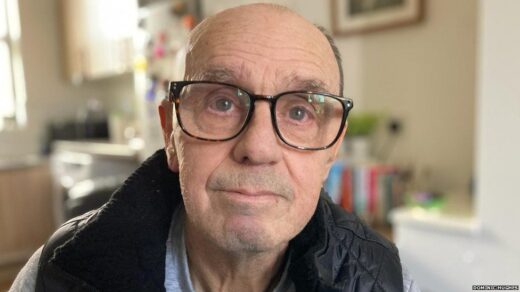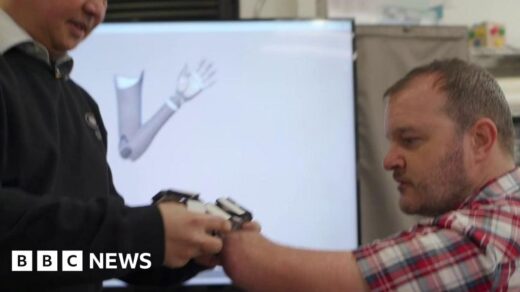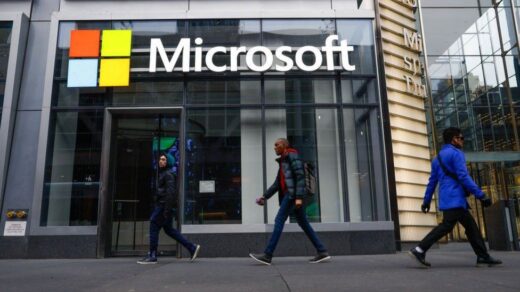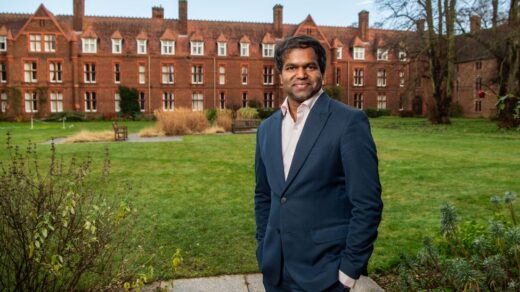The relationship between society and technology is complex. While we rely heavily on technology, we are also cautious of its impact. We are more connected but also lonelier, more productive but also burnt-out, and we have more privacy tools but arguably less privacy. Some tech innovations have been universally beneficial, such as the development of a new antibiotic by an AI tool that can kill a previously lethal superbug. Machines that can remove carbon dioxide from the air can also help in the fight against climate change. Additionally, video games and movies have become more immersive and entertaining due to advancements in screens and effects.
However, tech-related scandals often dominate headlines. Stories of data breaches, cyber attacks, and online abuse are regularly in the news. In the UK, faulty accounting software led to false convictions of fraud for innocent Post Office workers, causing national outrage. “Tech has a dark side. It is a two-edged sword,” says Prof Mike Malone.
There are ongoing discussions about whether people are losing faith in powerful tech tools that have become so dominant in our lives. Eileen Burbidge from Passion Capital believes this conversation is important as it helps consumers, businesses, and regulators be more conscientious about what they adopt and where they should focus their attention. Advertising industry veteran Sir Martin Sorrell acknowledges that people are increasingly fearful of the implications of technology, particularly regarding the impact of advancing AI on jobs. There are concerns about unintended discrimination and bias in decisions made by automated tools, as well as dilemmas about data ownership. At the extreme end, there are fears of machines becoming out-of-control and posing an existential threat to humanity.
Paolo Pescatore, an analyst, believes that if there were significant problems with technology, people would stop using it. However, there is peer pressure to remain plugged in, both from colleagues, friends, and family, as well as governments pushing for digital services. The tech sector itself has become more vulnerable, with big US firms laying off thousands of workers. Tech workers are no longer as secure in their jobs as they were before the pandemic.
Tomas Halgas, a young tech boss, acknowledges that tech workers thought they were safe from automation but now face the possibility of being replaced by AI tools. The launch of ChatGPT, an AI product that passed the bar exam for trainee lawyers within months, has had a dramatic impact. Sam Altman, the CEO of OpenAI, believes that future advancements will make the current version look outdated. A recent survey suggests that a majority of people in the UK believe tech innovation is developing too fast and that tech bosses should slow down.
Realistically, slowing down tech innovation is unlikely due to the influx of money and power in the AI sector. However, the public debate surrounding technology is healthy, as it prevents blind acceptance of new tech.









